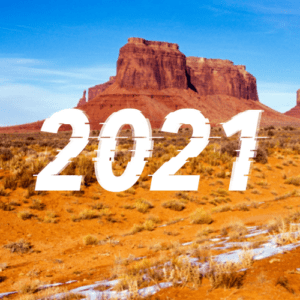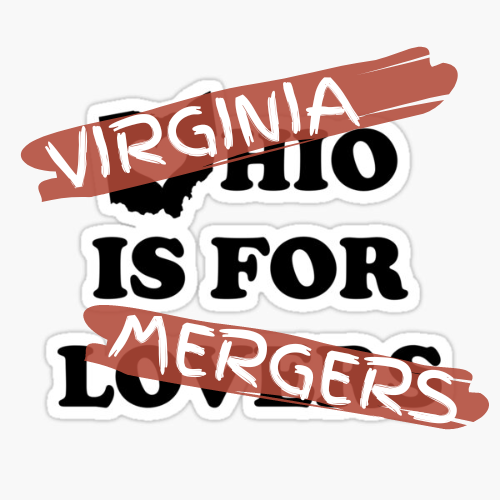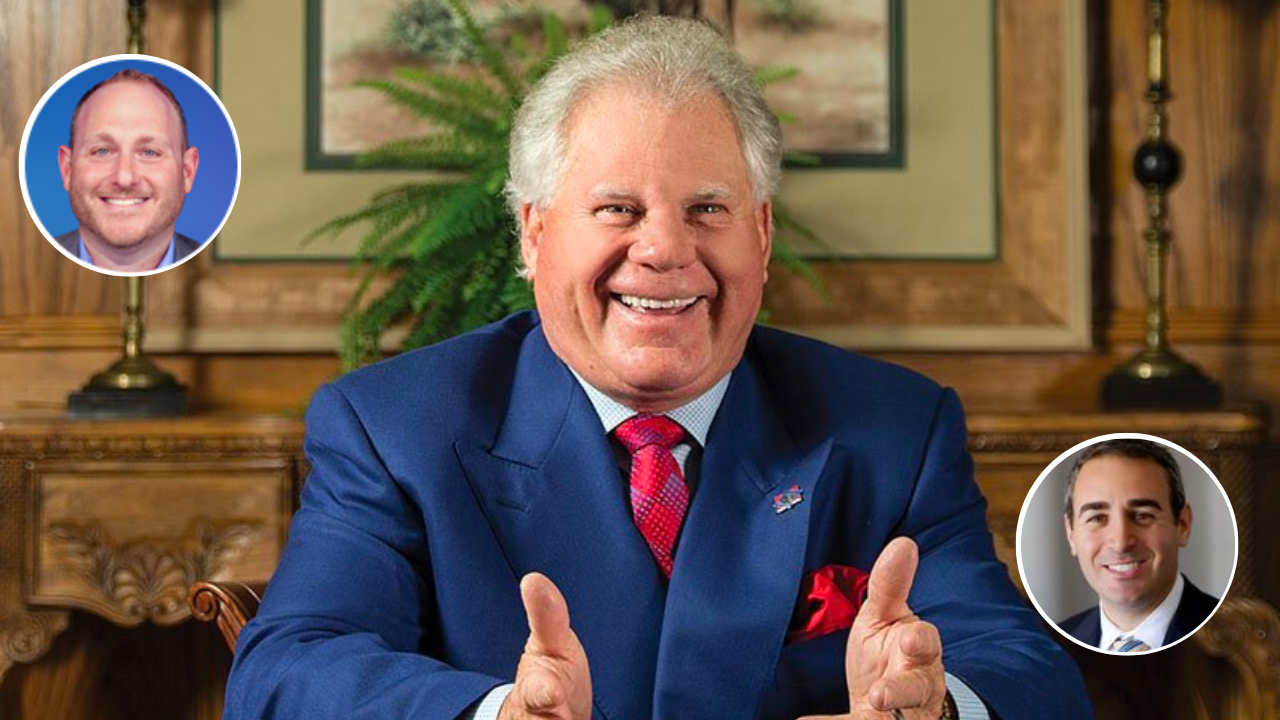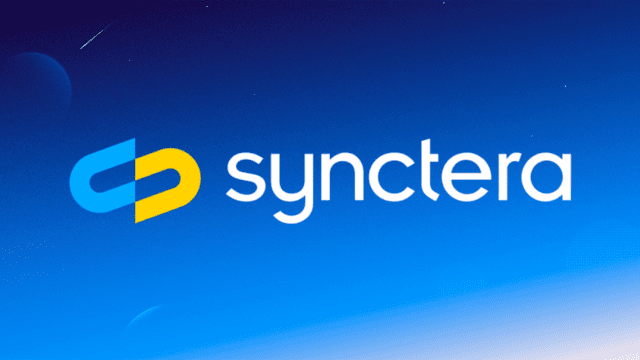There are numerous examples of pending M&A deals that are bogged down in the regulator process, enough to label it a trend.
Over the past few months, it seems clear that while regulatory approval of announced bank M&A transactions isn’t quite at a standstill, the pace has slowed considerably. The trend is much more pronounced for larger bank deals, many of which are still pending well past the expectations communicated by bank management teams at deal announcement, though several smaller transactions have been held up as well. In what we see as an encouraging sign, the vast majority of these transactions haven’t been cited for any specific concerns, rather they just seem to be in an uncertain state of regulatory limbo, at least from our vantage point.

The question we and many others are contemplating, is whether these developments are temporary or if there is a larger shift underfoot? We lean toward the former as the more likely outcome, but we certainly aren’t dismissing the latter, as there is anecdotal evidence that we think can make the case for either scenario.
A new regulator regime could just be taking its time, as larger bank transactions are still a relatively new thing and were jump-started by the previous administration.
We’re not going to highlight any individual deals because they are on different timelines for approval. We also don’t want to give the impression that we have special insight into why any specific deal might be in limbo (or that it may be more in limbo than others). However, it is fair to note that most – but not all – pending transactions with extended timelines for regulatory approval are the relatively larger deals. As many will recall, there was essentially a moratorium on large bank deals for many years following The Great Recession – banks seemed to get the message to not even bother, b/c regulators wouldn’t entertain the idea.
There was a thawing on that front during the Trump administration, widely perceived to be a much more “bank-friendly” regulatory regime vis a vis the prior administration. This more lenient approach was assumed to have extended through the first few months of the Biden administration, as the pace of large bank M&A announcements picked up notably. But the approvals have been slow in forthcoming. Given the Biden connection to the Obama years, we think a key question is whether or not these new officials intend to revert back to the Obama-era policy on large bank M&A. Perhaps the passage of time since The Great Recession and banks’ strong standing today has diminished resistance to the prospect of large bank M&A, and timelines to deal approval will simply take a little longer and be more intensely scrutinized than during the Trump administration. Notably, while small bank M&A deal approvals also seem to be taking longer on average, there has been a steady pace of closings and new announcements, suggesting that the issue doesn’t appear to be as widespread as compared to the larger banks.
Of course, there are other possible explanations for the regulatory pause as well. Jeff Cardone, Partner at Luse Gorman, a prominent law firm, stated, “If there are possible concentration issues and market overlap, including potential diminished consumer access to bank branches, the regulators could take a tougher stance on bank mergers from an anti-trust standpoint, which could cause delays in the approval process.”
Apparent behind-the-scenes political wrangling at the Fed is the room.
There are two developments at the Federal Reserve that we’re paying close attention to as well, as it relates to this topic:
The first and most obvious is the Biden administration’s pending decision on the next Fed Chair – speculation has centered on the renomination of current Fed Chair Powell, nominated to his role by former President Trump, and Federal Reserve Governor Lael Brainard, nominated to her position by former President Obama. Without wading into the politics surrounding that decision, it seems safe to say from a high level that keeping Powell on would seemingly reflect more of a desire to maintain some form of the “regulatory status quo” of the past few years. In this case we’d be heavily inclined to think the current pause is transitory. The selection of Brainard would tilt our thinking more in the other direction, towards at least the possibility of a complete overhaul of the bank M&A regulatory approval process. For perspective of how much of a sea change an overhaul would represent, we note that federal agencies have not rejected ANY bank merger applications in nearly 20 years. Note that we are NOT suggesting that an overhaul is in order should the President look to Governor Brainard, the possibility in our view must at least be considered. Reports as of this writing suggest that the new pick for Fed Chair is “imminent” (https://www.bloomberg.com/news/articles/2021-11-15/biden-s-fed-chair-pick-is-imminent-senate-banking-chair-says).
The pending nomination of the new Fed Chair is more of a longer-term, big picture development to consider. But perhaps more directly relevant to the current regulatory uncertainty is the recent resignation of the Fed’s Vice Chair of Supervision, Randal Quarles and the fact that a replacement has yet to be named. This position is arguably the most powerful in terms of the bank M&A regulatory process. Mr. Quarles was appointed by former President Trump to this role in July 2017 – his term expired officially in mid-October, but he was to stay on through year-end. He resigned earlier this month. Again, this is not unexpected, as Mr. Quarles was arguably the most “bank-friendly” official at the Fed. So again, recent uncertainty could simply just reflect a normal period of transition between officials appointed by different administrations that by all accounts have divergent views on the proper direction of bank regulatory policy. Maybe there will be tweaks around the edges but nothing earth-shattering – or the potential one-two punch of a new Fed Chair and Head of Supervision, considering the current political environment, could prove to be something more.
So what’s going to happen?
To be clear, we don’t know, and we don’t claim any special insight. On one hand, the banking system is as strong as it’s been in decades, in our view, and given the myriad problems we face, it would seem illogical to create potential uncertainty from an area that is currently a strength and aid to the economy, not a weakness. On the other hand, we understand too that “strength” is a matter of one’s perspective, and there are clearly those that believe the current system is not working as was intended for the benefit of all. We’re not here to take sides on that topic, though we think many bank sector constituents are underestimating the potential for this decision to potentially reflect an inflection point for bank regulatory policy over the next several years. Or it could just be business as usual. We’ll be watching closely.












